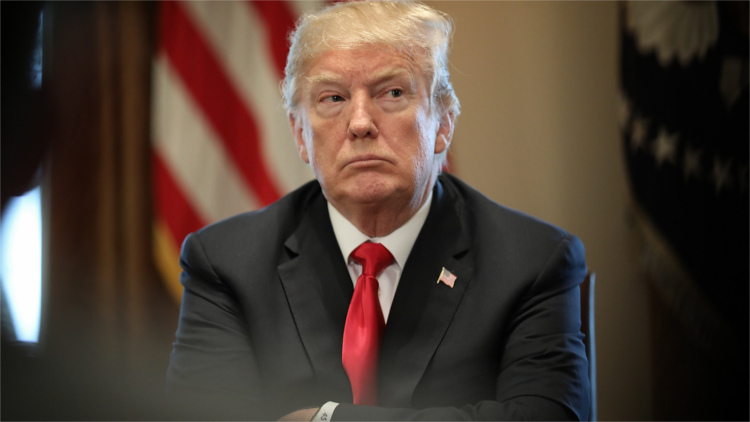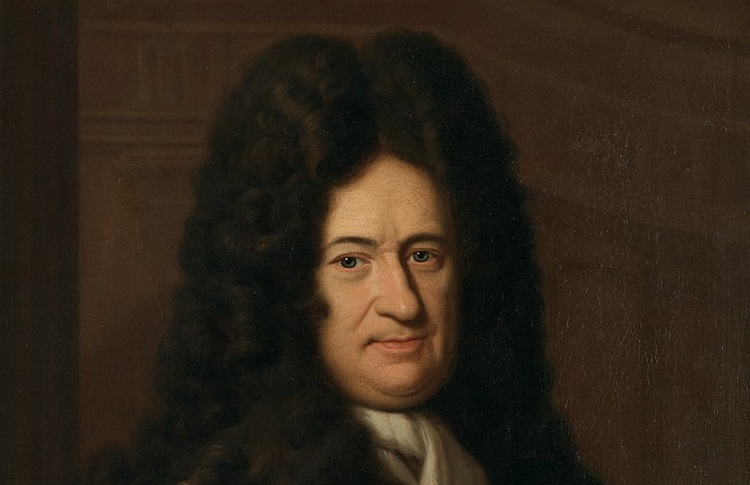America And The Dangers of Positive Thinking
The Power of Positive Thinking was an immediate sensation on its release. Blending radical optimism with Christian superstition, Norman Vincent Peale offered his readers a revolutionary path to supreme self-confidence. The first self-help guru of his kind, he had an enormous influence on a young Donald Trump. But almost 70 years since the book’s publication, Trump’s life has become a cautionary tale about what happens when positive thinking is pushed to its delirious extremes.
An evangelical pastor with a virulent anti-Kennedy streak, Peale became a fast friend of the Trump family. The future President was taken to the author’s church as a child, and Peale would later officiate at his wedding to Ivana and the funerals of his parents. He once boasted in an interview that Peale “thought I was his greatest student of all time.” In the winners versus loser’s universe of Trump, even self-help is a competition.
Positive thinking and rational thinking is not necessarily the same thing. While cognitive behaviour therapy proposes an evidence-based approach to dealing with negative thoughts, Peale preached a kind of self-hypnosis, with affirmations and visualisations underwritten by God himself. In this world, facts are less important than one’s interpretation of those facts, and personal merit is subservient to the tyranny of ambition.
The book was roundly dismissed by both psychologists and religious figures when it came out. Nevertheless, in a time before Tony Robbins or The Secret, Peale’s philosophy was a revelation with the broader public. He became a personal confidant of Richard Nixon, and Ronald Regan would award him the President Medal of Freedom. When he died, even Bill Clinton paid tribute by saying that the pastor would be “forever associated with the wondrously American values of optimism and service.” A distillation of the American Dream in its purest form, it is not surprising that the book was a hit with America’s elites. In a country where the ingredients for success can be reduced to hard-work and faith, the welfare state becomes redundant. The inference is that the rich deserve to be rich, and the poor deserve to be poor, too.

This gospel of manifest destiny had a profound effect on Trump. Swapping self-awareness for self-fanaticism, he spent his adult life bouncing between personal and financial scandals with the zeal of a Tasmanian devil. Aspiring moguls often encounter a few losses on their way to the top, but the verve with which he squandered other people’s money was something to behold. Narrowly avoiding personal bankruptcy through bail-outs from his father and the banking system, Trump’s business record has been patchy at best. Estimates of his actual wealth vary wildly, but one thing is clear: for Trump, his true net worth is less important than what he believes his net worth to be.
Ultimately, saying something is true does not make it so. This might not matter in business, but as President, Trump’s fantastical approach to government had very real consequences. The coronavirus was not cured by cheery mantras, nor was its spread curtailed by meaningless sloganism. Faced with the brute reality of the pandemic, the President doubled down on denial. At first, he promised “it’s going to disappear. One day, it’s like a miracle—it will disappear.” Then, as cases rose to 20,000 a day and the country was on the cusp of its second wave, he proclaimed that the virus was “fading away. It’s going to fade away.” As the numbers surged, he held mass rallies and mask-less gatherings in the White House. He repeatedly encouraged the use of anti-malarial drugs despite warnings from the FDA, and as his administration hit its tragicomic capstone, he even suggested trying bleach. Over 420,000 people have died of Covid-19 in the US since the outbreak began, with some estimates putting that figure even higher.
In 1755, Western Civilisation had a similar knock to its confidence. Between 30,000 and 50,000 people had died in the Lisbon earthquake, leaving Europe’s philosophers to question the prevailing sense of optimism which preceded it. Gottfried Wilhelm Leibniz had written in 1710 that we lived in “the best of all possible worlds”, but faced with the horrors of Lisbon, how could that possibly be true?

In the wake of Trump’s rabid incompetence, Americans may be facing the same kind of existential crisis. Faced with the multi-headed hydra of Covid-19, systemic racism, economic decline, and an emergent Chinese superpower, it seems reasonable to ask – is the US really the greatest country in the world?
It is against this backdrop that the election of Joe Biden must be appreciated. It was, in a sense, a cynical act. Biden was not the inspirational firebrand many had hoped for. Mutually disagreeable to zealots on both the left and the right, his campaign promised nothing more than a safe pair of hands and a return to normalcy. The epitome of a compromise candidate, it’s been clear since his nomination that not everyone was going to get what they wanted.
This is not necessarily a bad thing. Eschewing the idle insurgency of Trumpism, Biden has an opportunity to do something truly radical: admit weakness and pivot accordingly. The challenges facing him are historic in scale. Tackling them successfully will require tough choices and hard truths. It may be time for America to discover the power of pessimism.
